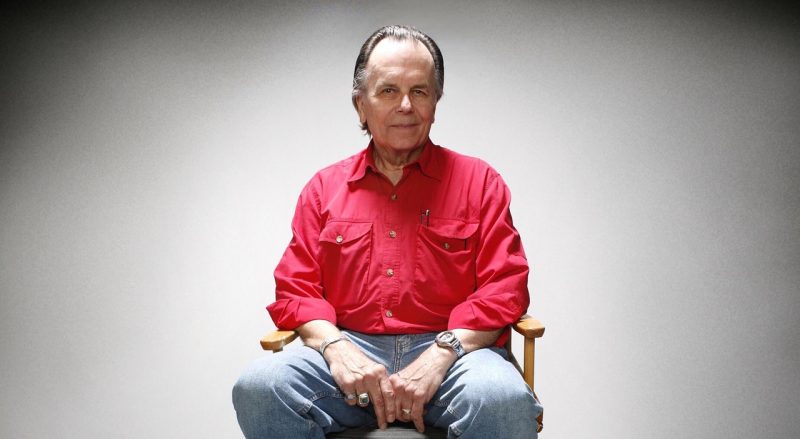He was the man who pitched and pleaded until he’d finally persuaded Twentieth Century Fox to take a chance on a fast-paced outer-space story named Star Wars. Gary Kurtz, the producer of Star Wars and Empire Strikes Back, died of cancer on September 23, 2018.
“Gary’s passing will be felt throughout the Star Wars family,” George Lucas said in a statement. “Through what were challenging shooting difficulties and conditions, his contributions as a producer helped bring the stories to life onscreen. My heart goes out to his family.”
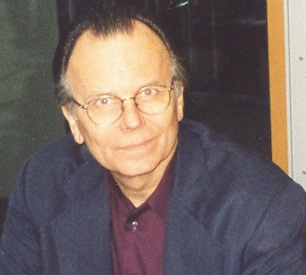
Lucas and Kurtz parted ways after Empire Strikes Back, with Kurtz saying in later interviews that the Star Wars films began to revolve too much around merchandising.
“I’ve lost a lifelong friend. The world has lost a kind, wise, multi-talented artist & filmmaker whose contributions to cinema cannot be overstated. It was an honor to have worked with him & I know I am better man just for having known him,” tweeted Mark Hamill, who played Luke Skywalker.
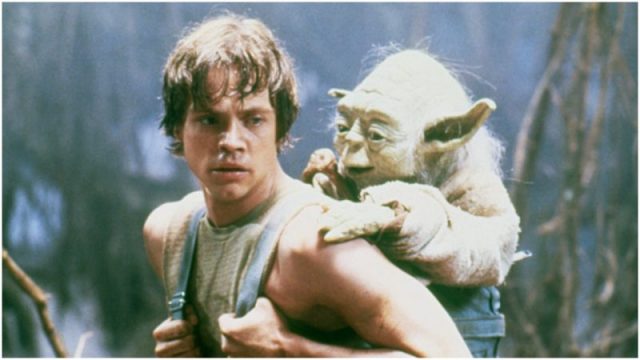
Chewbacca actor Peter Mayhew said in a separate tweet that without Kurtz, a student of world religions, there would have been “no ‘force.’ ”
According to ABC News, Kurtz’s study of religion, he felt, was a good aspect to put into the ‘Star Wars’ films,” said Jason Joiner, curator of the Kurtz-Joiner Archive, a collection of film memorabilia spanning Kurtz’s career. “He helped to develop the ‘force,’ and helped write it into those parts of the film.”
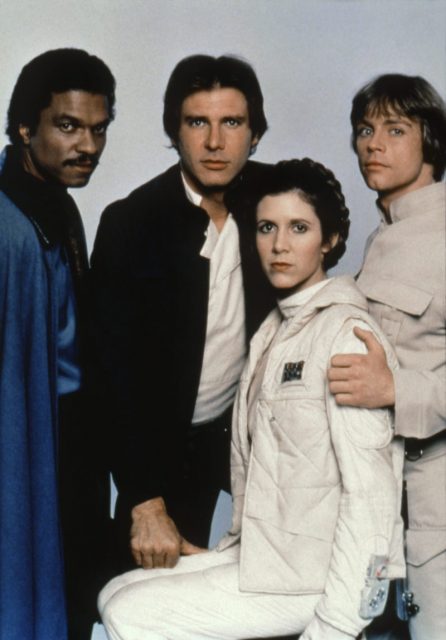
According to Variety, Kurtz had got his start as an assistant director on Monte Hellman’s Ride in the Whirlwind, a low-budget 1966 Western that starred a then-unknown Jack Nicholson. During the next decade, he served as a production manager and assistant director on a number of films, including Voyage to the Prehistoric Planet and Beach Ball.
He also left Hollywood from 1966 to 1969 to serve in the Marines during the Vietnam War.
Kurtz was just 30 years old when he met Lucas, a fellow University of Southern California film school graduate, in 1970. The two became a team and he would go on to produce three of the most successful movies of all time with Lucas, starting with American Graffiti, released in 1973.
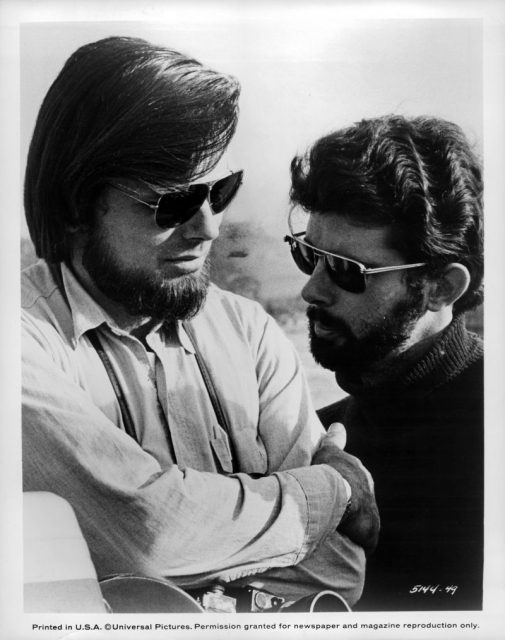
Kurtz championed Star Wars through several drafts and helped Lucas deal with 20th Century Fox’s lack of enthusiasm for a movie they perceived as a B-picture, Variety said.
However, Lucas had a falling out after Empire Strikes Back and the two did not collaborate again.
The second Star Wars film ran over budget and fell behind and media reports say Lucas was forced to dip into his own pocket to complete the movie. Kurtz stepped in to direct second-unit work on the film.
But after completing his work on Empire Strikes Back, Kurtz was replaced by Howard Kazanjian as producer for Return of the Jedi.
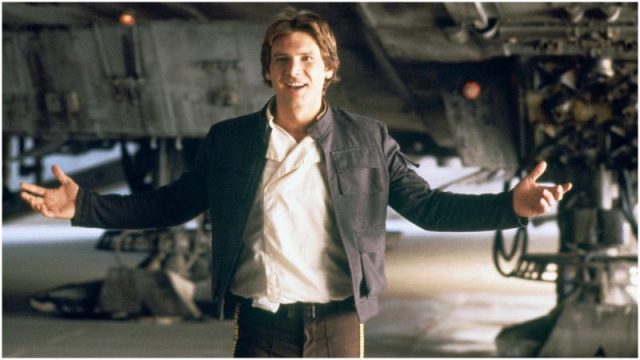
Star Wars buffs say Kurtz wanted a more bittersweet ending to the first trilogy, did not like the Ewoks, and thought the Han Solo should have a heroic death in Return of the Jedi instead of focusing on his relationship with Princess Leia. He reportedly did not want a “euphoric ending where everyone was happy.”
Mark Hamill said at the time that the departure of Kurtz was like “Mom and Dad getting a divorce.”
In a 2010 interview with the Los Angeles Times, Kurtz said the movies became too motivated by merchandising.
“I could see where things were headed: The toy business began to drive the [Lucasfilm] empire,” he said. “It’s a shame. They make three times as much on toys as they do on films. It’s natural to make decisions that protect the toy business, but that’s not the best thing for making quality films.”
After parting ways with Lucas, Kurtz produced The Dark Crystal and Return to Oz.
In a statement released after his death, his family said, “Gary was a beloved husband, father, grandfather, friend, colleague, and mentor, whose work and talent spanned film-making, photography, music, and cinema history. He was a Marine, a world traveler, an outdoorsman, and a kind, compassionate human being.”
